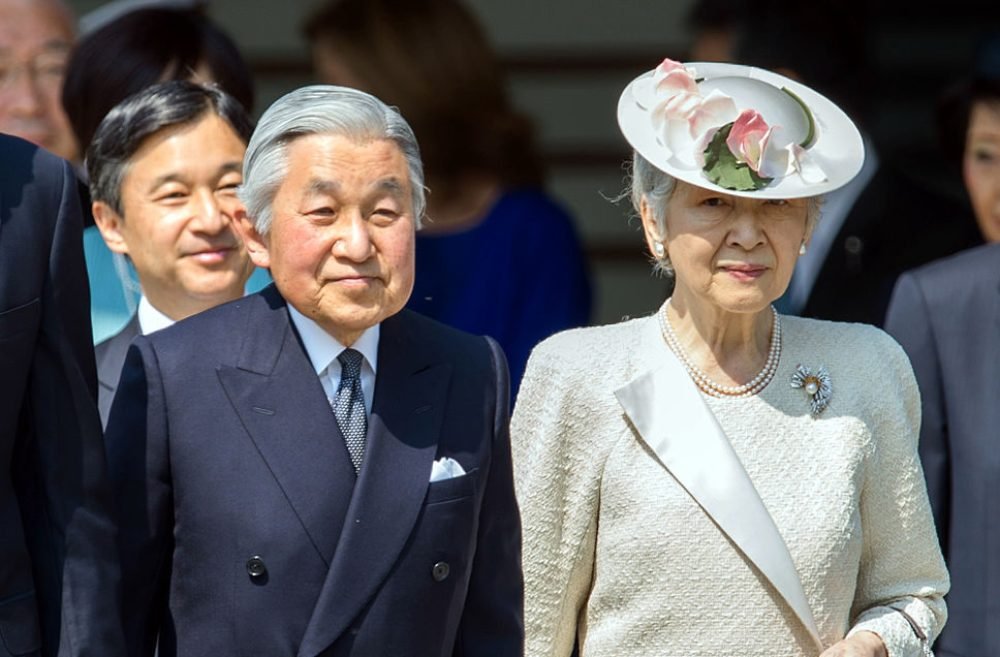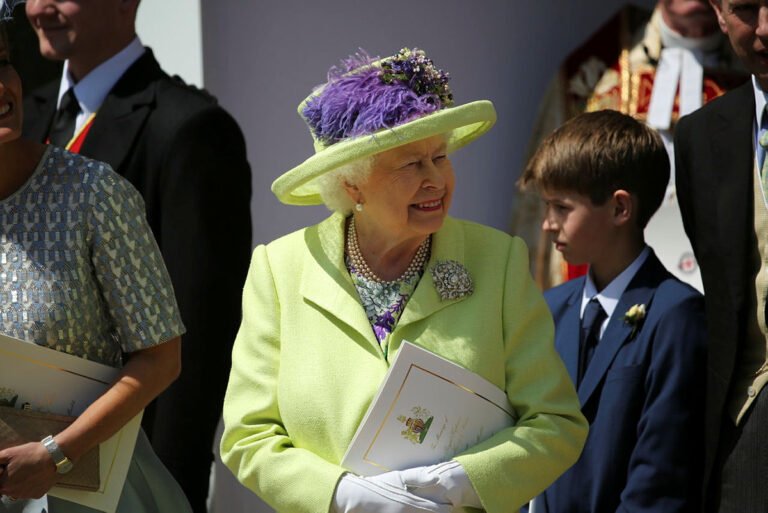A new law has just been passed in Japan, which will allow Emperor Akihito to abdicate as he has requested.

Last year, the 83-year-old leader hinted at his wish to step down from his duties, mentioning advancing age and health issues putting ‘constraints’ on his ability to perform as Head of State. Now the government has made provisions to enable the leader to abdicate – previously impossible under the Japanese constitution – with a bill which passed today.
The Emperor is constitutionally barred from making any political statements, so he could not say explicitly that he wanted to abdicate in these statements, as that would be considered comment on the law. Talks were clearly had with government behind-the-scenes, however.
His fears surrounding his health and age seem to stem from his treatment for prostate cancer; Akihito has has heart surgery in the past too; his reign has lasted 28 years, so far, taking over from his father in 1989.
Crown Prince Naruhito will take the Chrysanthemum throne, following on from his enormously popular father. Akihito abandoned the aloof style of former Emperors and sought to spend more time among the people, also playing a crucial role in continued reconciliation for Japan’s role in WWII with wife, Empress Michiko.
Another aspect of the bill was a resolution to debate allowing female Royals stay in the Imperial Family after marriage; they currently are not allowed to inherit the throne, and become ‘commoners’ upon marriage. Princess Mako, the Emperor’s eldest granddaughter is engaged to marry a legal assistant.
It does not touch on the controversial topic of allowing women to reign, though, in a time when the household is shrinking, with fewer male heirs.








